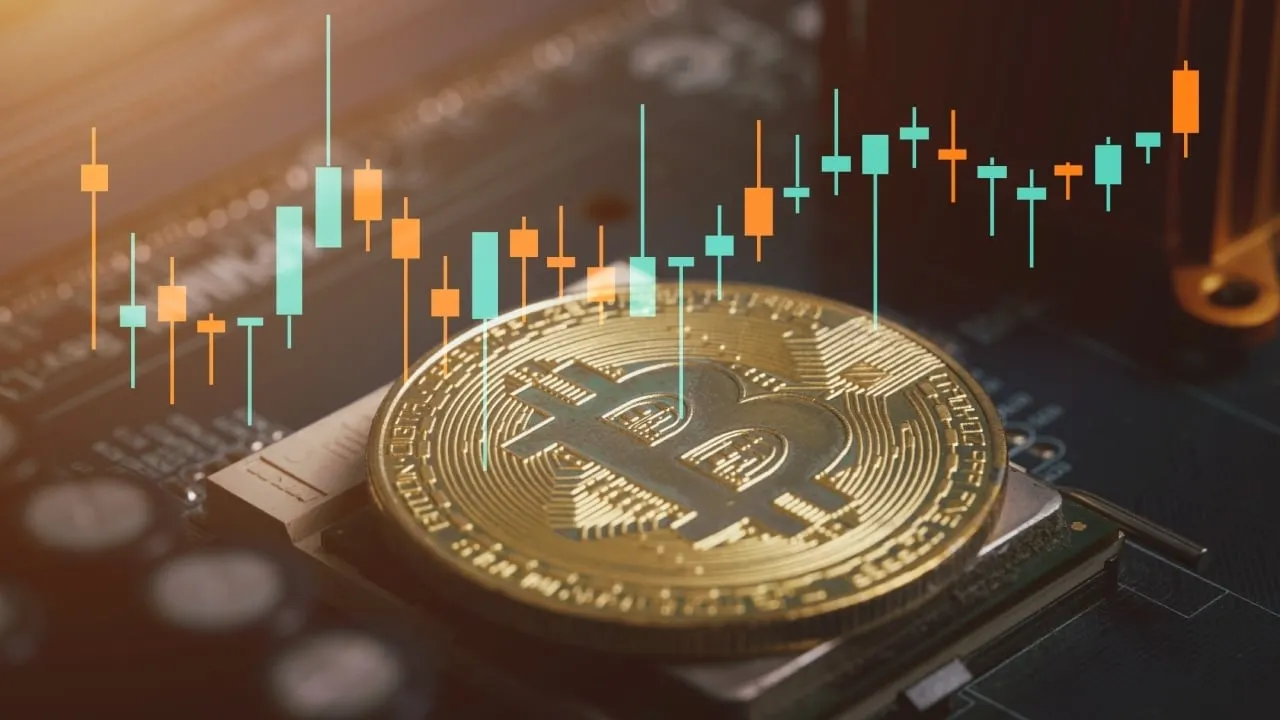As Israel, Iran Tensions Rattle Markets, Will Bitcoin Act as a Safe Haven?

The price of Bitcoin was dented Tuesday as Iran rained missiles on Israel. Will it hold up amid fears of all-out war?
The price of Bitcoin wavered Tuesday as dozens of missiles descended on Israel, according to news reports.
The U.S. had warned earlier that a ballistic missile strike from Iran was being prepared against the foreign ally. Later, the Iranian Mission to the United Nations said on Twitter (aka X) that Tehran's response “has been duly carried out.”
Bitcoin’s price fell 3.2% to $61,300 amid the volley, hitting its lowest price in two weeks, though it has ticked back up to $62,200 as of this writing. The dip reflected a lackluster start to so-called Uptober, a period of historically seasonal strength for “risk assets” like stocks and crypto.
While Bitcoin has gained traction among investors as a “store of value asset” against inflation, the coin hasn’t consistently performed well as a “flight to quality asset” during times of geopolitical, Grayscale Investment’s Managing Director of Research Zach Pandl told Decrypt.
“Investors who are concerned about high geopolitical risks are, for now, still reaching for the traditional instruments,” he said, pointing to physical gold and U.S. Treasury bonds.
Despite Tuesday’s dip, Pandl added that Bitcoin’s correlation with risk assets could shift alongside Bitcoin’s adoption by countries in the coming years.
“In the longer term, when Bitcoin is widely held around the world and a reserve asset for central banks and governments, it may also be a common flight-to-quality asset,” Pandl said. “But Bitcoin is still much earlier in its journey than treasury bonds or gold.”
While bursts of geopolitical conflict have previously dented Bitcoin’s price, asset managers like BlackRock have recently highlighted Bitcoin’s ability to serve as a hedge. This month, the firm said Bitcoin can diversify against “geopolitical tensions, concerns over the state of U.S. debt and deficits, and increased political instability.”
President Joe Biden said Sunday that an all-out-war in the Middle East must be avoided as Israeli airstrikes battered Lebanon, killing dozens of people, per the Associated Press. The strikes followed last week’s killing of Hezbollah leader Hassan Nasrallah, a major blow to the Iran-backed militant group and political party in Lebanon.
The escalation between Israel and Iran caused Bitcoin to sell off “sharply,” according to André Dragosch, Bitwise’s European Head of Research. But he said on Twitter (aka X) Tuesday that Bitcoin has “historically performed relatively well following major geopolitical risk events,” adding that “geopolitical news should generally be faded.”
Tuesday’s unease was reflected in crude oil prices, as WTI spiked 3.6% past $70 a barrel. Meanwhile, the U.S. Dollar Index (DXY) rose 0.5%, reversing weakness seen in the dollar’s strength since mid-September. Gold jumped 1.3% to $2,670 per ounce. Stocks were down, however, alongside leading cryptocurrencies.
If rising oil prices translate into rising consumer prices, Pandl said the Federal Reserve is unlikely to abandon its easing campaign. He contrasted supply shocks with the possibility of persistent demand from China’s oil-hungry economy post-stimulus.
“I think it would be likely that the Fed would look through any temporary increase in inflation,” he said. “A more important consideration could be [...] the huge stimulus that we've seen from the Chinese government in the last couple of weeks.”
Bitcoin’s price plunged in April alongside geopolitical conflict in the Middle East after Israel struck Iran with a barrage of missiles. The dip to $60,000 was preceded a week earlier by missile and drone strikes in the region that also rattled Bitcoin’s price.
In February 2022, Russia’s invasion of Ukraine had an instantaneous impact on the crypto market. Bitcoin’s price dropped 9% to around $35,000, as $200 million was swiftly wiped away from the global market capitalization of all cryptocurrencies.
Edited by Andrew Hayward
Related News
- Chainalysis: Russia Is Loudest and 'Most Pervasive' Country Using Crypto to Skirt Sanctions
- CryptoKitties Are Back—As a Telegram Crypto Game
- Bitcoin Price Drops Sharply as 'Uptober' Begins With Mass Liquidations and Middle East Tensions
- Gemini Is the Latest Exchange to Leave Canada, Following Binance and OKX
- Metaplanet Adds $6.6 Million in Bitcoin to Its Corporate Treasury
- Record-Breaking Token2049 Brings Crypto Industry to Singapore
- Bitcoin Miner Sues Judge and Prosecutor, Claiming It's Been Targeted by Noise Laws
- Uniswap Fee Increase Generated $53 Million Revenue Amid Legal Scrutiny
- Ethereum Card Battler ‘Gods Unchained’ Reveals ‘Tower of Dread’ Expansion
- Bitcoin Price Hits Spooky Season Stutter as Analysts Warn of Correction
© 2026 DeFi.io